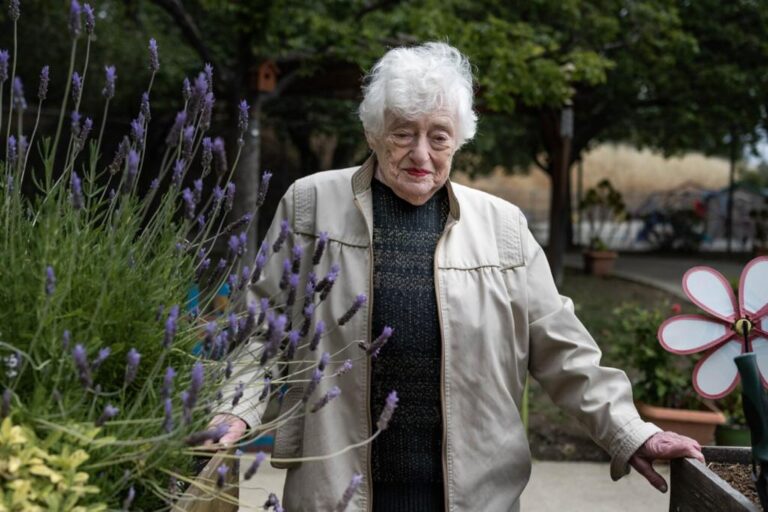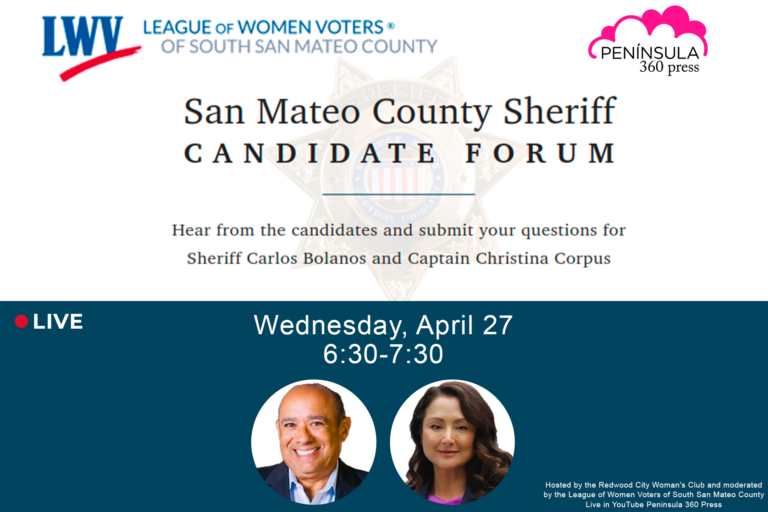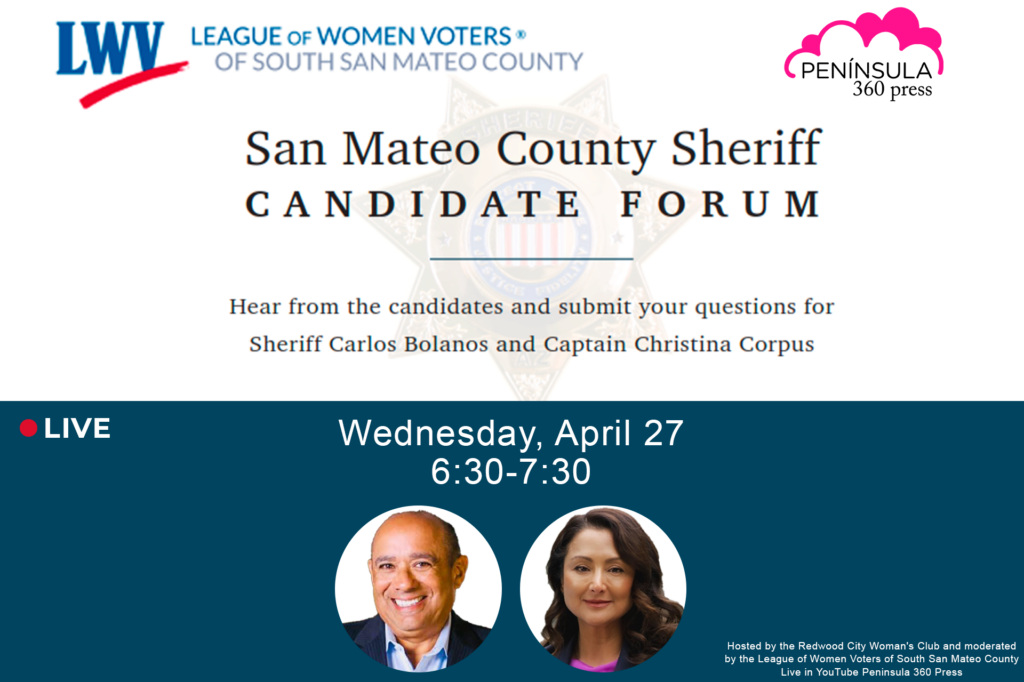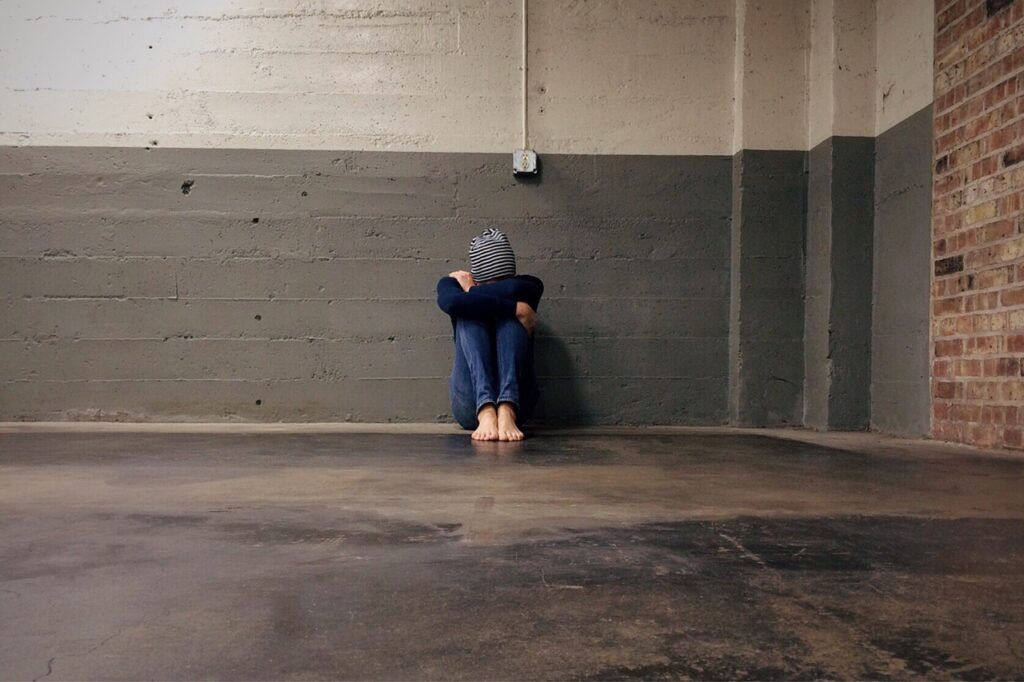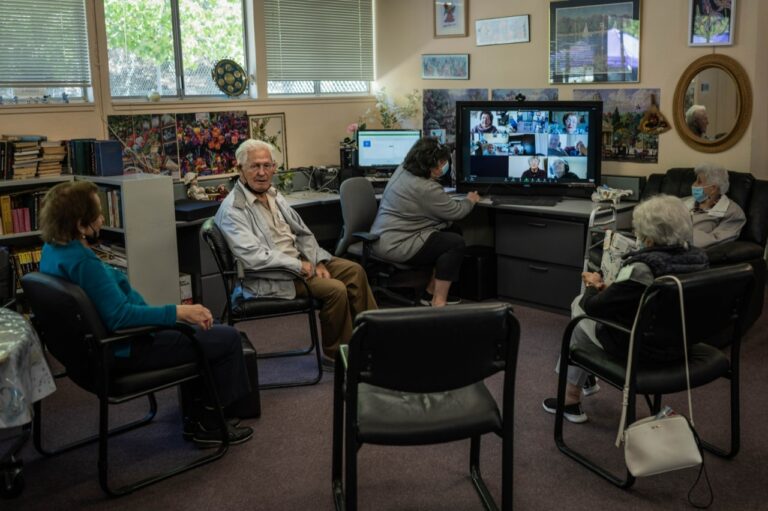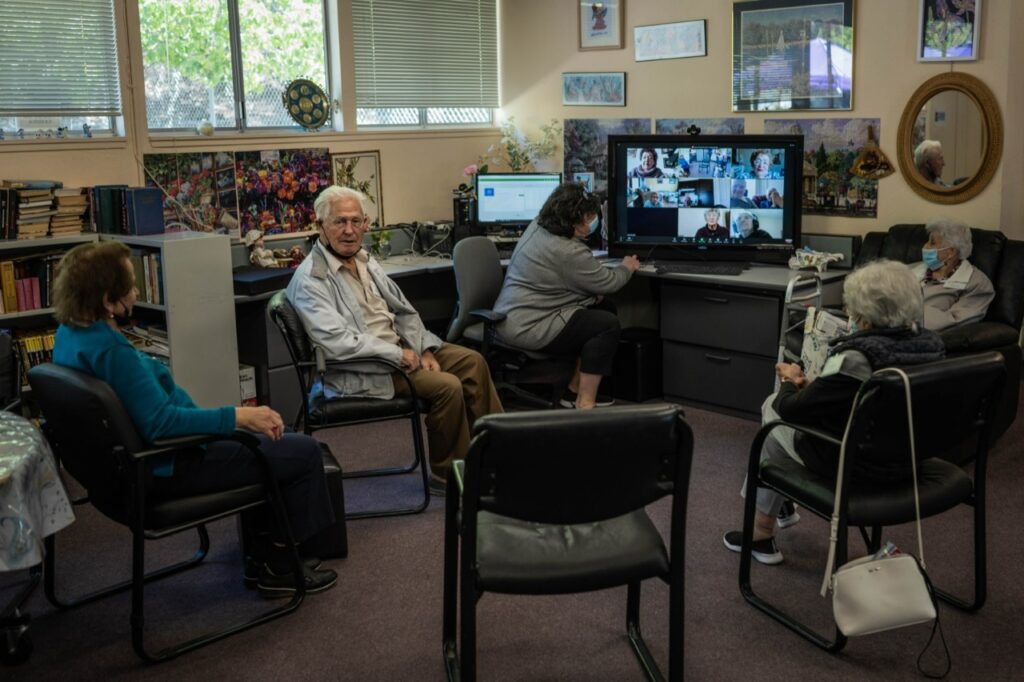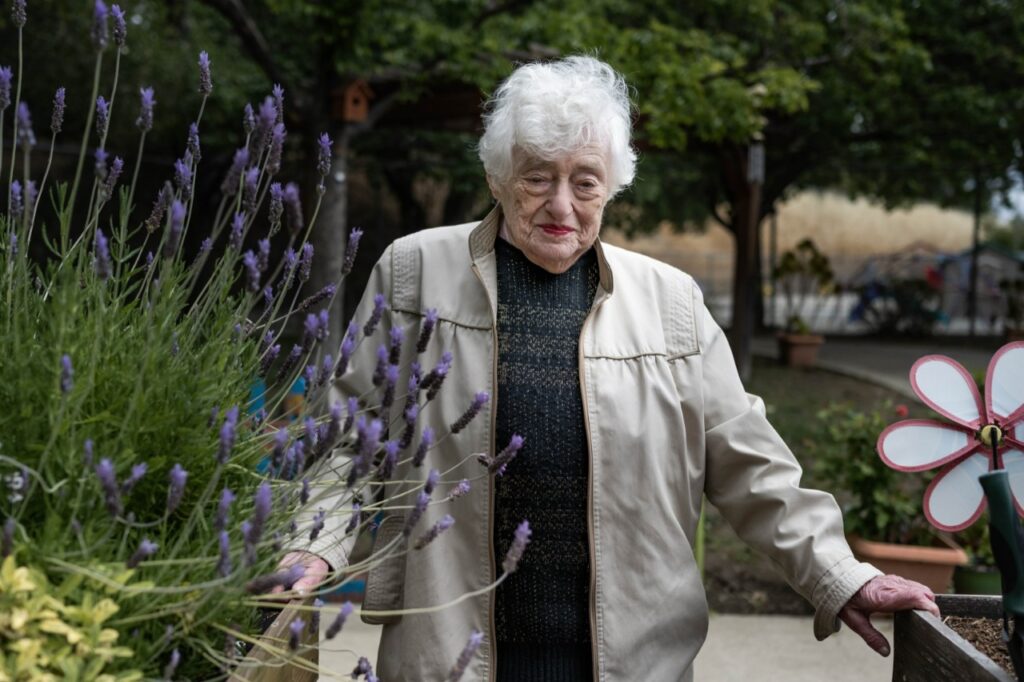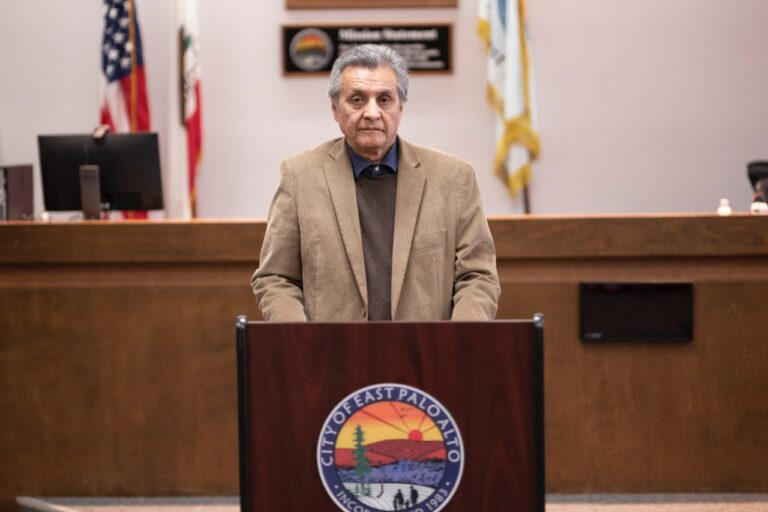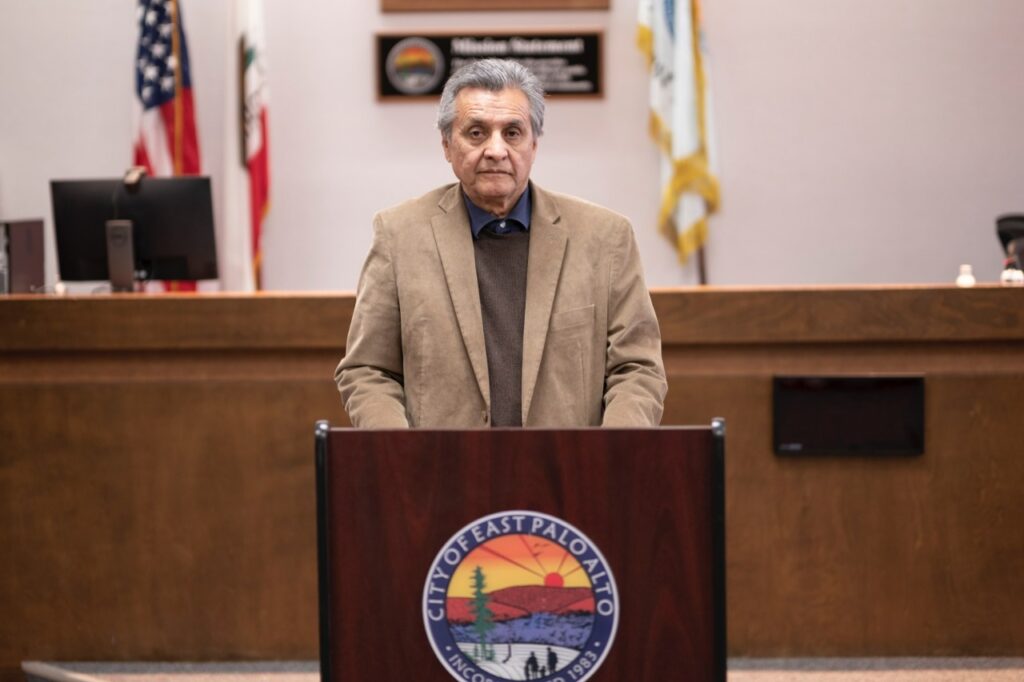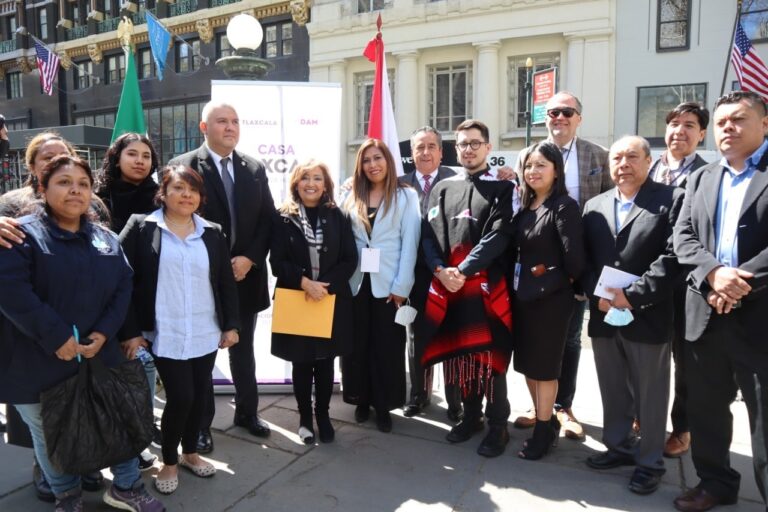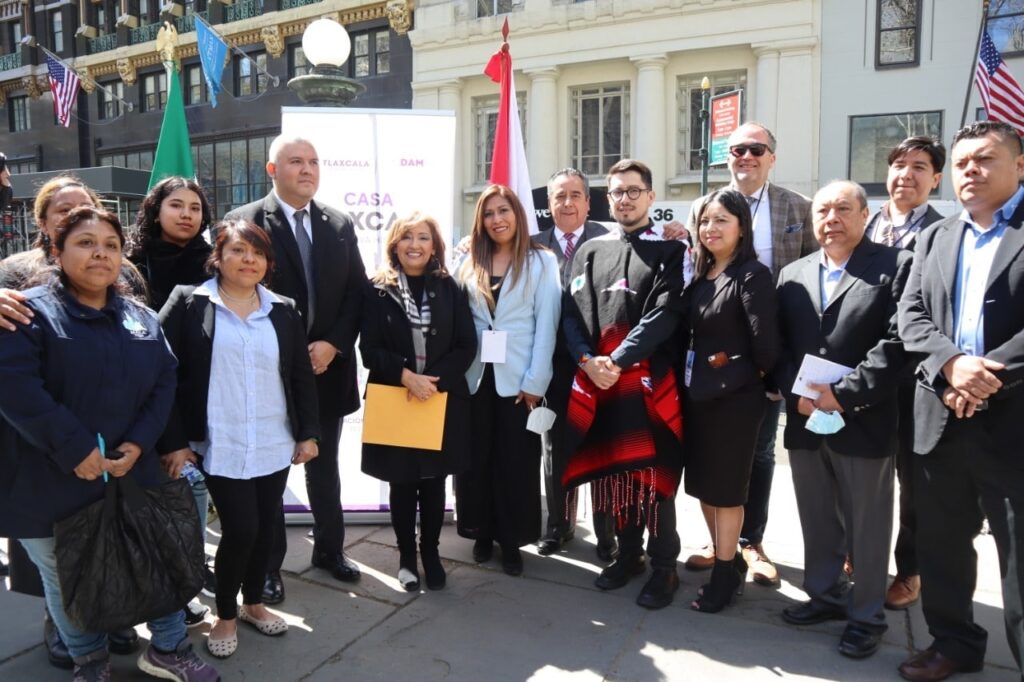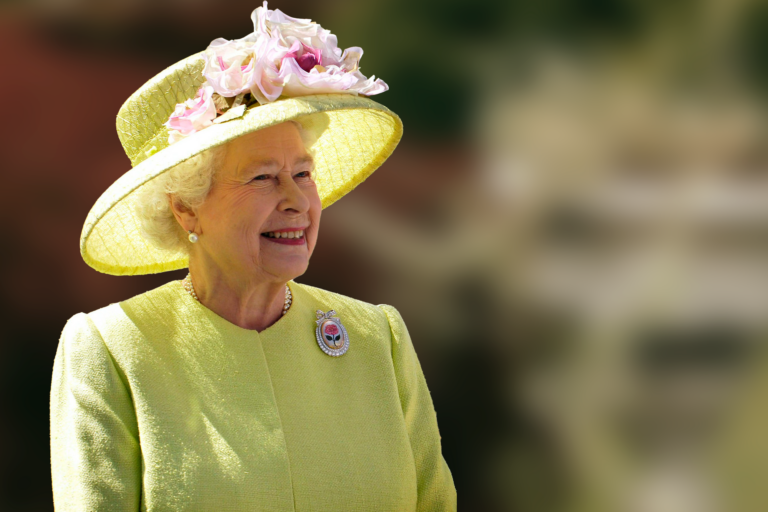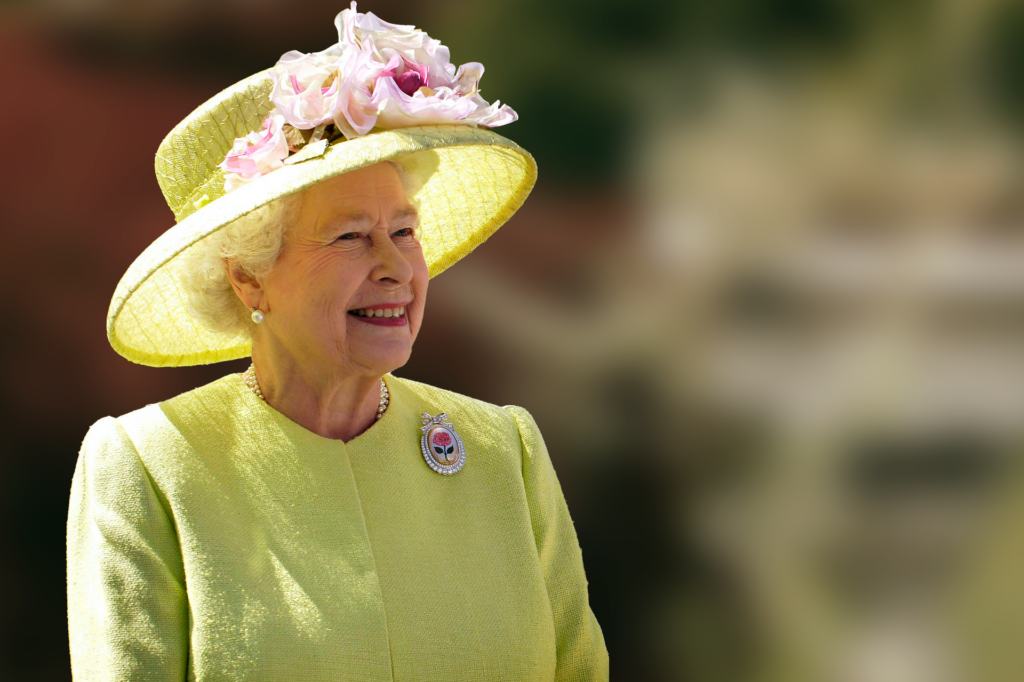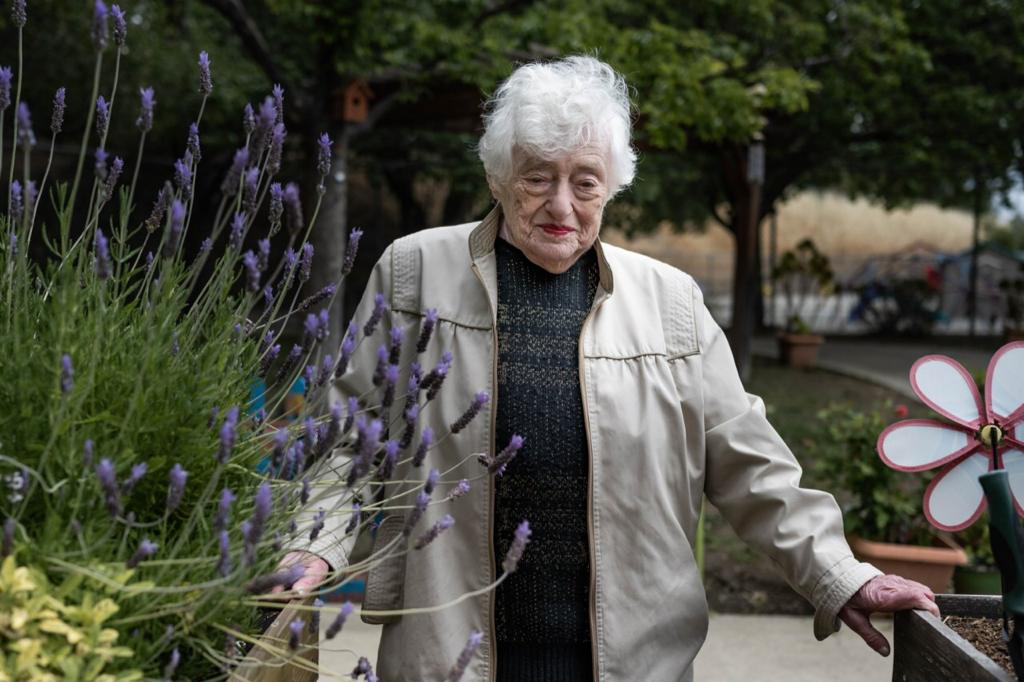
Por Pamela Cruz. Imágenes y entrevista de Manuel Ortiz.
A veces es Rummycub, otras tantas, alguna actividad que reúne a todos a vivir y sonreír. Pero nada hace más feliz a Tsiliy Tankover como el saber a su familia feliz, segura y cerca de ella, en un espacio donde igual puede disfrutar de sus nietos, lejos de la guerra que vivió en su infancia.
Beautiful and with a smile that lights up the grounds of the Choice in Aging adult care center in the city of Pleasant Hill, Tsiliy knows that everything good she experiences today is part of a resilience that is part of a life that, in memories, traces back to running to survive.
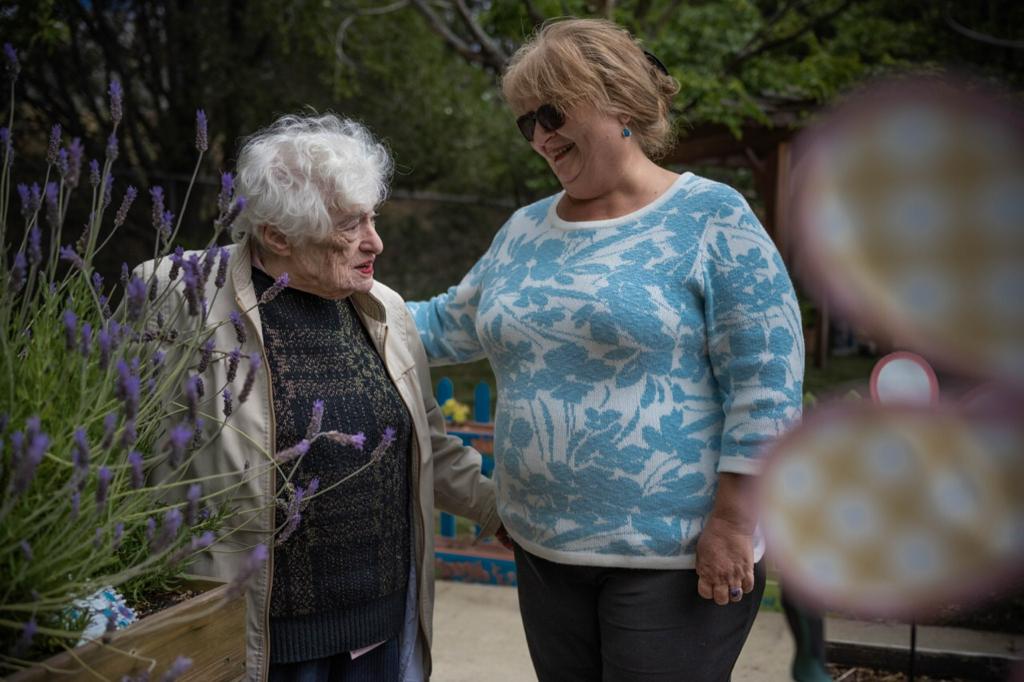
Nació en la bella ciudad portuaria de Odesa, Ucrania, a orillas del mar Negro, esa cubierta por célebres playas y su arquitectura decimonónica, misma que hoy sufre los estragos de una guerra, una invasión que no da tregua a quien se cruce en su camino.
Con 94 años de edad, narra a P30P que desde pequeña su vida se vio atormentada por la guerra. Para cuando ella tenía apenas 7 años, una guerra civil azotó su país, y su padre tuvo que formar parte del ejército.
Años más tarde, todos los hombres de su familia estaban enlistados en el ejército y tuvo que aprender a caminar sola con su madre a través de toda la pesadilla que envolvía al espacio que conocía como su hogar.
Inicia la segunda Guerra mundial y son instruidas fuertemente por su padre para abandonar Odesa, debido a que el ejército alemán se acercaba en busca de judíos a quienes perseguir.
Tsiliy y su madre lograron escapar en un vagón de un tren que transportaba animales y que tenía como destino Kazajstán, todo lo que fuera necesario para poder sobrevivir.
Tras dos o tres años de esperar en migración, pudo regresar a su pueblo natal, pero las cosas no serían más sencillas.
Una vez que regreso a Odesa, volvió a la escuela y empezó a trabajar, ya que necesitaba apoyar a su familia económicamente, labor que nunca dejó de hacer en favor de los suyos.
EE. UU. se volvió su segundo hogar cuando en 1980 su esposo murió. Su hija y yerno decidieron que debían irse de la Unión Soviética, pues sabían que era muy peligroso continuar viviendo allí.
Para Tsiliy la vida dependía de moverse, de encontrar mejores aires. Sin embargo, el dejar atrás todo lo que conformaba su vida nunca fue fácil.
That is why this resilient Ukrainian knows the pain and feelings of those who today leave their homes in the midst of a senseless war.
En ucraniano, nos detalla el dolor que su corazón siente al saber lo que pasa nuevamente en esa nación a la cual siempre recuerda con amor.
«Me duele el corazón ‒al saber de la guerra en Ucrania‒ siento el dolor de cada persona que vive esa tragedia. Las personas que están atravesando por esta guerra, nunca lo olvidarán», señala.
Para ella, la guerra es un tema difícil. Un espacio que debería tener paz se ha convertido en un lugar donde solo es «gente matando gente».
However, there is hope and love within all the tragedy.
Asegura que el amor y la ayuda se puede vivir dentro de una guerra pues, incluso, entre disparos y bombas hay bondad como la que experimentó durante la Segunda Guerra Mundial, donde la gente les obsequiaba pan y carne para que todos los niños pudieran comer.
Peace in the midst of a pandemic
Con poco menos de dos años viviendo en Choice in Aging, Tsiliy se siente en paz y amada.
La vida volvió a ponerse a prueba cuando la pandemia por COVID-19 llegó a todo el mundo, su edad la puso entre aquellos con más riesgo de adquirir el virus SARS-CoV-2 y morir a causa de ello. Pero no se rendiría, no a estas alturas.
Hubo llanto y miedo por no poder acercarse a las personas que amaba, por no saber cómo todos se librarían de esta batalla que ataca a todos por igual. Las restricciones llegaron, no podía salir de su departamento, por lo que personal le acercaba provisiones a su puerta.
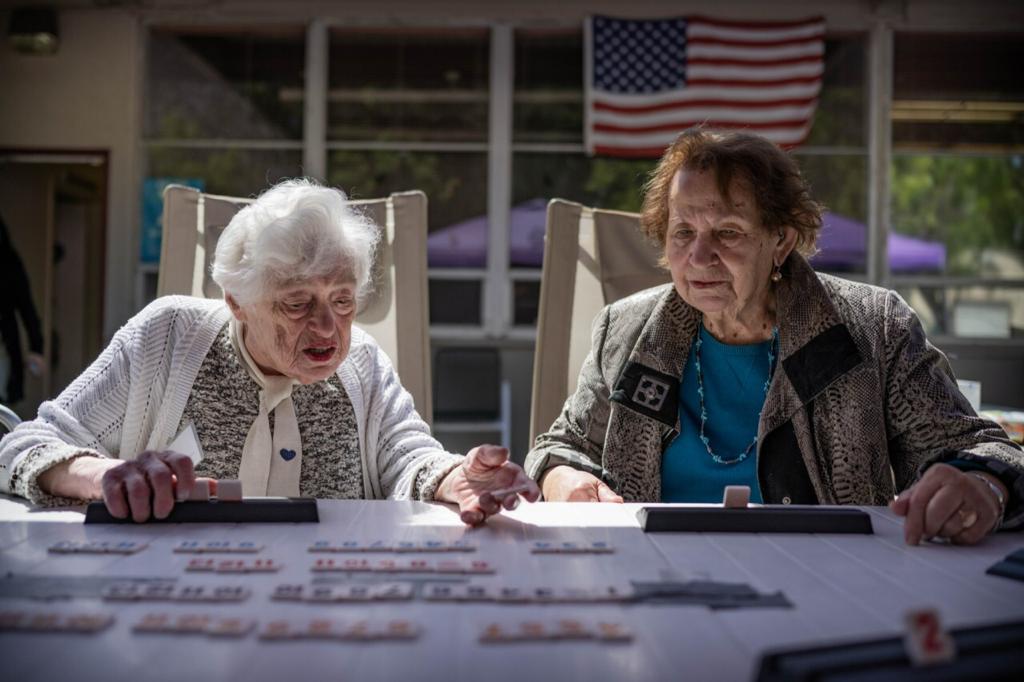
Llegaron las vacunas y Tsiliy no lo pensó, era volver a luchar contra un enemigo que estaba a una puerta de distancia. Con dos dosis de las vacunas que devolvieron la esperanza al mundo, logró encontrar un lugar que, hoy, se ha vuelto un hogar para ella.
«Estaba asustada igual que todos. Pero sí, estoy vacunada con dos dosis porque quiero estar segura y no adquirir el virus de alguien que se acerque. Me sentí segura después de la vacuna», explicó.
No perdió a nadie por el virus, pero aprendió a que hay opciones que la ayudarían a sentirse más segura, tal es el uso de las mascarillas y el mantenerse a distancia de aquellos que no cuentan con las vacunas, aunque ello implique mantener poca comunicación.
Con toda una vida de experiencias que la han marcado y que han dejado en cuenta su resiliencia, reconoce que la familia es lo más importante, por lo que apreciar a los padres y abuelos que hoy viven en centros de cuidados como ella, es de suma importancia.
«La gente tiene que apreciar a su gente. La memoria de tu familia es muy importante, tu madre, padre, hermanos, toda tu familia. Aún tenga grandes recuerdos de ella, la gente debe apreciar a su gente».
Hoy, con todo lo que ha vivido, también sabe que, ser positiva y disfrutar lo bueno que la rodea, es clave para ser una resiliente que lo que más desea es «paz para todo el mundo».
Para su cuidadora, Marina Belevich, quien apoyó a P360P a traducir en simultaneo las vivencias de Tsiliy, llegar a trabajar a un espacio como Choice in Aging, fue una bendición.
«Siempre trabajo con amor, ya sabes, amor en todas partes porque las personas que valen son aquellas que son “jóvenes” por el corazón, por la fe, por su actitud. Siempre obtengo amor de ellos», dijo.
Agregó que, si bien es cierto que la situación no ha sido sencilla para nadie debido a la pandemia, «tenemos que ser fuertes para seguir adelante y apoyar a nuestra gente. Tenemos que concentrarnos muy rápido y lo hicimos desde el principio cuando cerramos, y trabajábamos ocho horas diarias desde casa»
Belevich se enfocó en ayudar a los más vulnerables con actividades que hicieran sentir acompañados a estos adultos mayores que no la estaban pasando nada bien.
«¿Cómo están? ¿qué necesitan? Preguntábamos. Algunas personas les gusta jugar trivia o juegos de mesa, pero teníamos que explicar qué es esta pandemia, no era sencillo».
Ella también emigró. Nació en Ucrania, pero vivió desde niña en Rusia. Hasta que, por necesidad decidió partir. Hoy, la guerra le duele, y no se imagina como un país tan lleno de gente buena y amable, como lo es Ucrania, esté atravesando por una guerra que no para.
Tsiliy Tankover estuvo presente durante una sesión informativa realizada por Ethnic Media Services en colaboración con el Departamento de Envejecimiento de California, donde los expertos destacaron que la vacunación y la promoción de refuerzos de éstas, es la clave para que estos grupos de la población se vuelvan a integrar a sus comunidades y vuelvan a conectar con sus familiares y amigos.
When about 272 community-based senior day care centers in California closed, hundreds of thousands of seniors were left isolated, according to Susan DeMarois, director of the California Department of Aging.
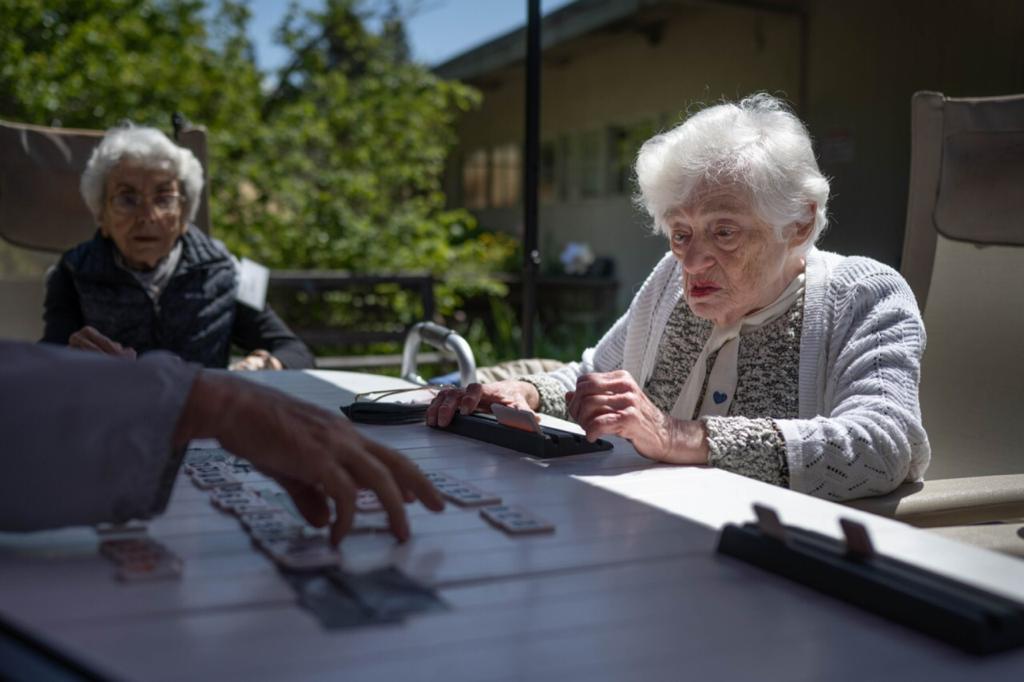
Meanwhile, 71 percent of COVID-19 deaths in California are among people 65 and older, a worrying figure especially when there is a slowdown in obtaining vaccines and boosters among this population, since one-third of people over 60 in the U.S. are not fully vaccinated or have received any boosters.
You may be interested in: COVID-19 vaccine boosters key to reintegrating seniors back into their communities

